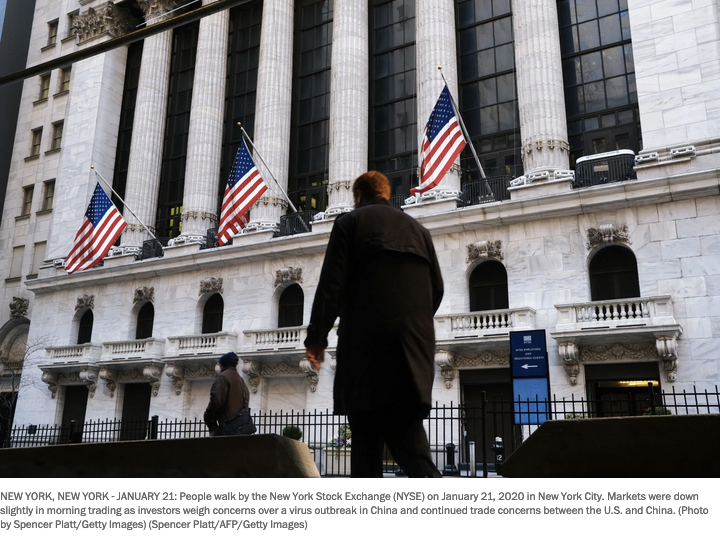At some level, this disconnect between economics and politics reflects the underlying strength of the U.S. economy — the innovation, the efficient use of labor and capital, the quality of management — that existed long before Donald Trump became president. Business and economic fundamentals don’t change overnight.
But Americans should understand that there will be a significant, long-term economic cost to our polarized politics and dysfunctional government, which has now reached the point of near-total breakdown of comity and cooperation between the parties, between the houses of Congress and among the various branches of government.
In the modern era, there are few if any examples of a country with a healthy, thriving economy and a broken political system. What distinguishes a successful economy from a failing one — what distinguishes Denmark from Italy and South Korea from North — is not how much capital it has or technology it produces but the quality of its institutions — the laws, rules, norms and policies that create the framework in which any economy operates. And there should be no doubt that as a result of broken politics, the quality of the United States’ institutions is already on the decline.
We can see such deterioration in our inability to adapt to changing conditions — the rise of China as an economic superpower, the influx of economic and political refugees, and the threat from global warming. People will inevitably disagree about how to deal with these serious economic challenges, but a country with a working political system would rather, after a modest debate, embrace the obvious compromises, building on what works and fixing what doesn’t.
In the United States, by contrast, our approach has been to deny the problem, demonize those with whom we disagree and ostracize anyone who dares to compromise. As a result, we now have millions of blue-collar workers who are idle or underemployed, millions of unskilled immigrants who are here illegally, and too few of the skilled immigrants we need. Our physical environment, meanwhile, is subject to an unending series of devastating floods, wildfires, droughts and other extreme weather events. The cost, in terms of lost output and economic damage, runs to tens of billions of dollars every year.




